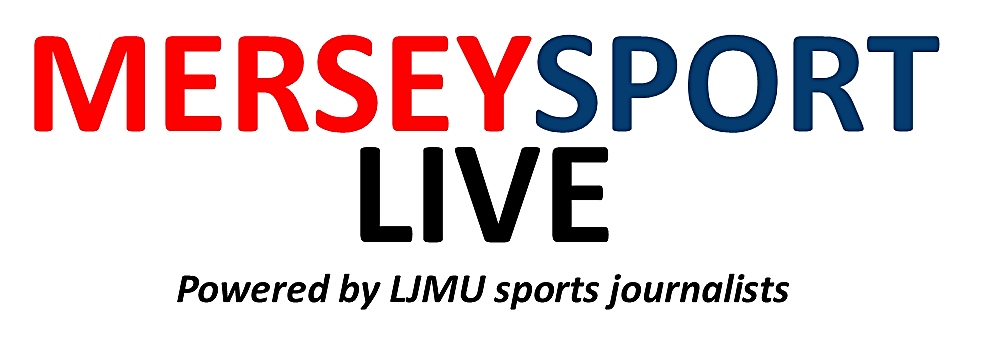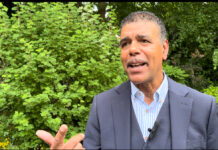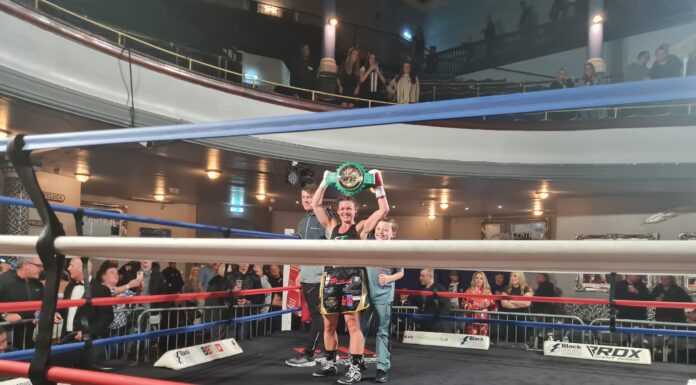Following Liverpool’s 2-0 defeat at home to Atalanta on Wednesday night, youngster Neco Williams was trending on Twitter – for the wrong reasons.
Williams (19) received a barrage of abuse from Liverpool ‘fans’ after his performance in the Champions League match.
Not one of Jurgen Klopp’s side could hold their hands up and say they had a good performance against the Italian side, but the youngster was signalled for abuse on the social media platform Twitter.
The Abuse
The question remains why was Neco targeted by the so-called Liverpool ‘fans’ – despite not being the worst player on the pitch.
Forget the loan, just sell Neco Williams. Can’t believe we sold Hoever for this
— Shaun (@ShaunlfcT) November 25, 2020
Williams was the easy target for the abuse as he is young and with some ruling out him ever playing for Liverpool again.
GET NECO WILLIAMS OUT OF MY CLUB ASAPPPPPP
— A7 (@A7LFC1) November 25, 2020
This is not the first time Neco Williams has received abuse on social media.
Back in September, Neco blacked out his social media accounts after a 7-2 win against Lincoln – a 7-2 win at Lincoln.
In that game, Neco lost the ball in the lead up to Lincoln’s first goal but the unnecessary barrage of abuse the 19-year-old received forced him to black out from social media.
The Effect of Abuse
The outcome of this abuse has in no doubt affected his performances since and last night you could see the lack of braveness on the ball.
When Neco first deputised for Trent Alexander-Arnold, he was full of energy and his crossing was compared to that of the England full-back.
Last night however, Neco rarely ventured forward and when he did, he looked tame and with a lack of impetus – this led to the abuse.
Not only is the abuse detrimental to Neco in the present but in the future, he will be affected by it as it takes a player with thick skin to overcome such abuse and ridicule from a section of the fanbase.
This is not just a problem for Liverpool players, online abuse has and will affect many different players across the country.
Twitter has become the epicentre of the toxicity that surrounds football online with ‘football twitter’ being the main reason for it.
Stress is another major factor that contributes to a football players mental health that goes unnoticed.
The demand of playing for a club, impressing the manager and fans week in, week out, can take a tole on players and abuse from social media only heightens it.
Back in February, data was presented by the Professional Footballers Association about players who came to PFA councillors because of stress.
The number of players accessing the PFA’s counselling services rose to a record 643 in 2019, up almost 50% on the previous year.
PFA director of player welfare Michael Bennett said social media meant there was “no escape from football”.
“I’ve spoken to players who’ve deleted their accounts,” he told BBC Sport.
“That’s just because of the barrage they get.
“You think about it, some of these players have 50, 60, 100,000 followers, and if you’re getting negative feedback from a large proportion of those individuals, it’s going to affect you.”
How can it be tackled?
Manchester United captain Harry Maguire previously called for social media platforms ask for a driving license or a passport to track down abusers online.
This would help track down the people who abuse players online to their home or residence, but twitter have yet to implement this.
Twitter’s approach is more systematic with the platform looking to ban and suspend accounts at a quicker rate rather than asking for identification.
The hope is that if there is a quicker and indefinite ban on accounts once they abuse someone on the platform, that would refrain them for ever doing it again.
Social media has given a platform like no other for fans to voice their views on matches at all levels of the game.
But the actual effect it has on clubs and players is heading in the wrong direction and needs to be tackled sooner rather than later.

















